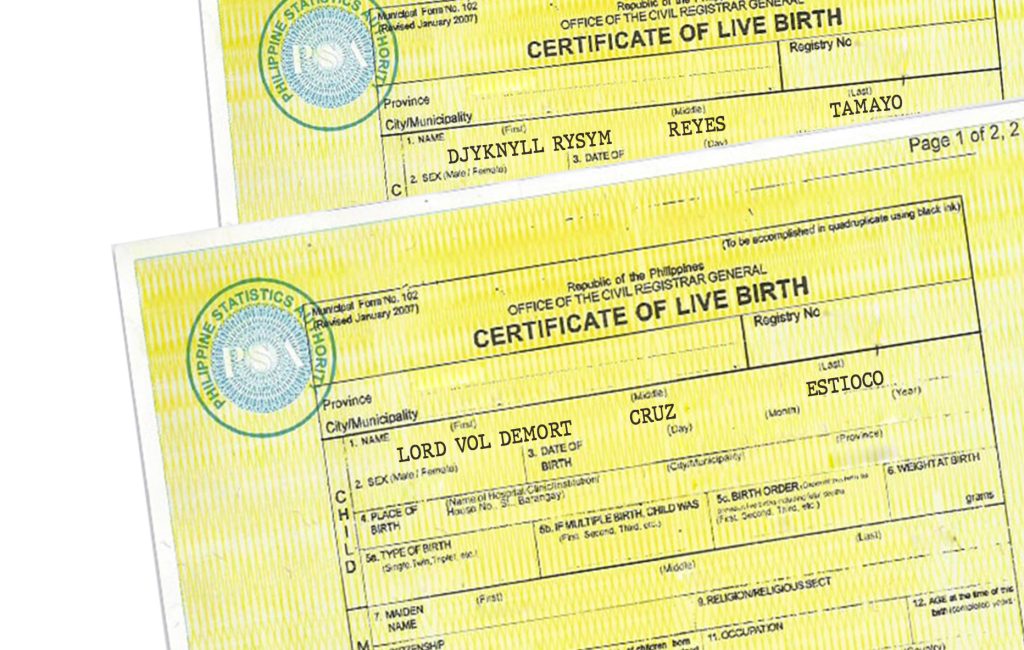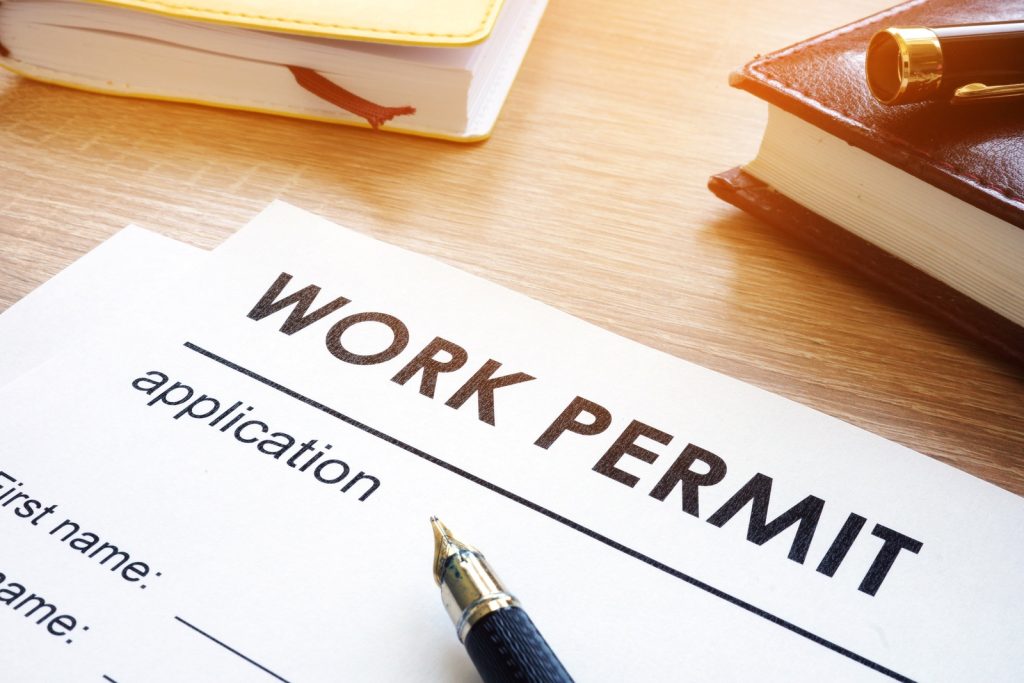Posts by AJA Law
Set the Record Straight: How to Legally Correct Errors in Your Birth Certificate
Act No. 9048 (R.A. No. 9048) as amended by Republic Act No. 10172 (R.A. No. 10172) allows for the change or correction of entries in the civil register by the concerned city or municipal civil registrar or consul general without going through the lengthy judicial process.
Ending Marital Ghosting: The Legal Solution
Marital ghosting: When one spouse walks away for good, may the one left behind legally end their marriage? In the Philippines, psychological incapacity can be a ground to declare a marriage null and void, as seen in the landmark case of Dela Cruz-Lanuza v. Lanuza. Discover the legal grounds for nullifying a marriage and how ghosting could be proof of deeper issues.
SEC Filing Requirements and Penalty Updates for Philippine Corporations in 2024
In 2024, staying compliant with the SEC’s updated regulations is more crucial than ever for corporations in the Philippines. With mandatory eFAST submissions and increased penalties for late filings, it’s essential to understand your obligations and act promptly. From the timely submission of your General Information Sheet to the accurate filing of your Audited Financial Statements, our latest guide breaks down everything you need to know to stay ahead of the curve.
Getting Your Foreign Divorce Recognized in the Philippines: A Practical Guide to the Legal Process and Fees
Wondering about the costs of getting a foreign divorce decree judicial recognized in the Philippines? It is more than just paperwork—it is a detailed and intricate process to prove that you and your foreigner spouse are divorced legally abroad. From gathering documents to navigating court procedures, each step requires expert legal guidance.
From Dreams to Reality: Maximizing Opportunities with the Philippine Innovative Startup Act
Discover how the Innovative Startup Act is here to support your journey in the Philippines! From financial benefits to streamlined processes, this game-changing legislation is designed to help you thrive.
Learn how you can take advantage of these incredible opportunities and how we can guide you through every step in this article.
Ensuring Trust and Security: The Critical Role of Notarization in the Philippines
Did you know that notarization adds a crucial layer of security and credibility to your important documents? In the Philippines, it prevents fraud, ensures the authenticity of documents and makes them registrable to bind third persons. Whether it’s a contract, affidavit, or property deed, notarization helps protect your interests and uphold the law.
Breaking Down Barriers: A Comprehensive Guide to Philippine Work Permits
Getting the right work permit is essential—not just a formality but a safeguard against potential issues like fines or deportation. This article provides a brief roadmap to ensure compliance with Philippine labor and immigration laws.
Legal Lease: The Things You Need To Know In Leasing Real Property
Many resort to leasing properties for residential or commercial use. Despite this common practice, the legal knowledge of many Filipino and foreign nationals residing in the Philippines on leasing contracts is often limited to rental costs and periods of lease. To many lessees and even lessors, the terms and conditions are nothing but legal mumbo jumbo. Given its significance, a basic understanding of the laws on leases is a must.
How to Become a Homeowner: A Guide to Buying Real Property in the Philippines
Owning real property represents a significant milestone for many Filipinos. In this article we aim to guide you through the legal framework and practical steps involved in purchasing property so that you may make informed and confident decisions. From deciphering the nuances of property titles, to understanding your rights and responsibilities, we cover what you need to know to embark on this significant investment.
Judicial Equality: Supreme Court Guidelines on Gender-Fair Language and Courtroom Etiquette
Learn more about the Philippine Supreme Court’s new rules on gender-fair language and courtroom etiquette which marks a major advancement in ensuring a more equal legal system. By adhering to these guidelines, we uphold values of respect and inclusivity.










